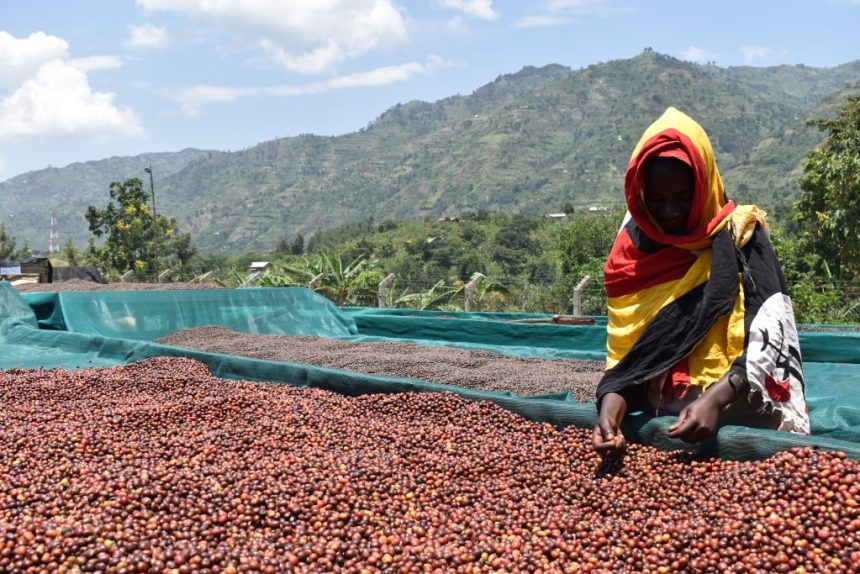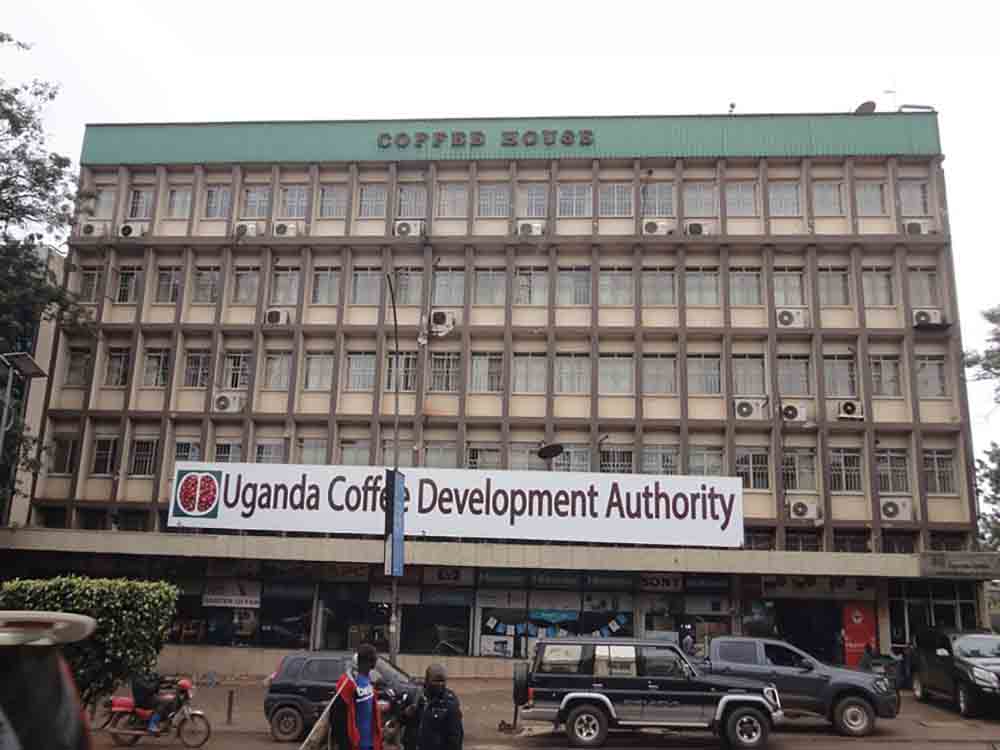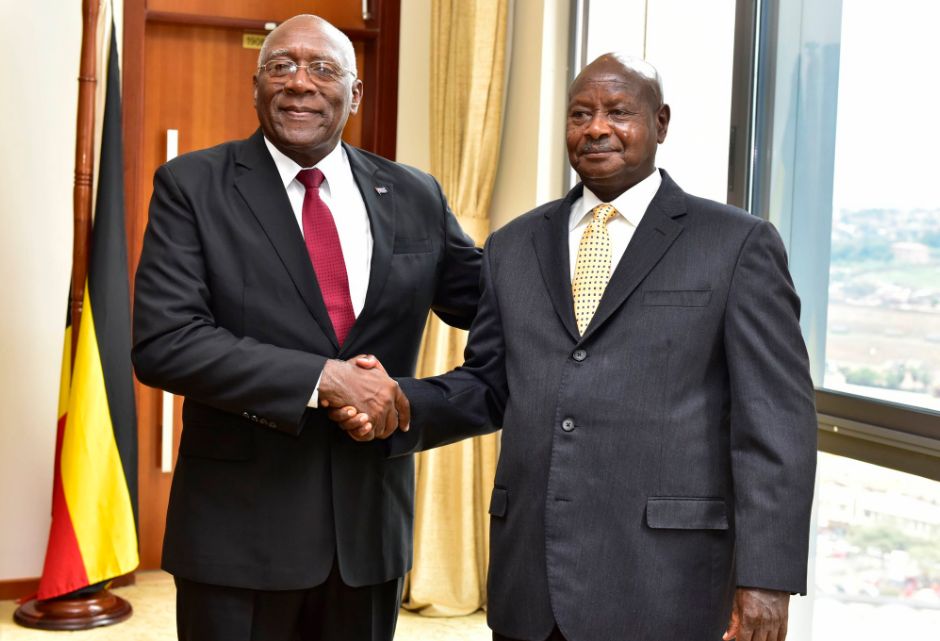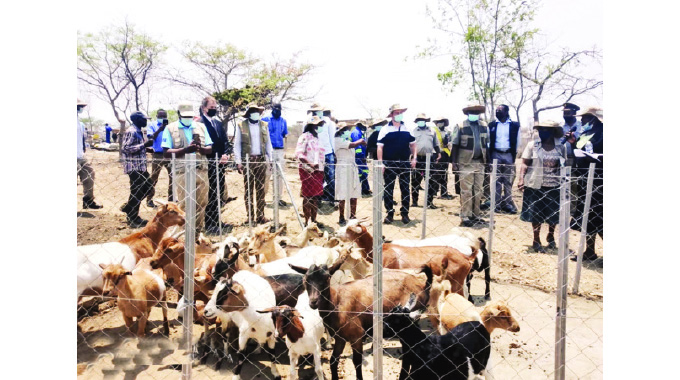(Kampala) – When the government proposed folding the Uganda Coffee Development Authority (UCDA) into the Ministry of Agriculture (MoA), it was like suggesting a boda boda operator should suddenly switch to driving a bus—one that is about to go off a cliff. In response, the Democratic Party (DP) has donned its combat gear, ready to defend Uganda’s prized coffee industry from what they see as a bad idea brewed in the corridors of power.
Fred Mukasa Mbidde, the DP National Vice President, minced no words when he took to the microphone at their Balintuma office in Kampala on September 17, 2024. With the conviction of a parent defending their child at a school meeting, Mbidde said the government’s move to merge UCDA with the Ministry of Agriculture was like asking a fish to climb a tree—completely unfit for the task.
For context, Uganda’s coffee exports are currently soaring to impressive heights. In the fiscal year 2023/24, Uganda exported 6.13 million bags of coffee, raking in a solid US$1.144 billion. That’s a hefty 35.29% increase in value compared to the previous year. But for reasons best known to those in charge, the powers that be have decided it’s time to tamper with a winning formula.
The proposal comes from a recent meeting where President Yoweri Museveni, along with parliamentary committees on finance, agriculture, and the national economy, collectively agreed on a law to merge UCDA into the MoA. To sweeten the deal (or so they thought), they suggested a three year transition period, as though that would make swallowing the pill any easier.
But to DP, this is a catastrophe in the making. Mbidde pointed out that UCDA has been the hero of Uganda’s coffee sector, likening it to a skilled chef who knows just how much salt to sprinkle into the pot. “Merging it into a cabinet ministry risks diluting its effectiveness and stifling its potential,” he declared.
UCDA: Uganda’s Coffee Shield
Mbidde didn’t stop at just rejecting the merger—he took us back to the colonial era to remind us of Uganda’s coffee legacy. According to him, UCDA’s role is nothing short of sacred, a torchbearer of the coffee industry since the days when the Imperial British East Africa Company (IBEACO) was managing Uganda’s resources like a colonial landlord deciding who gets what at a feast.
Uganda has yet to fully penetrate the Middle Eastern coffee market, and Mbidde believes UCDA is the key to making that happen. He urged the government to focus on partnerships and branding, rather than playing political chess with one of the country’s most important exports.
Mbidde also took a jab at the current structure of Uganda’s agricultural sector, pointing out that the Minister of Agriculture is not even a presidential advisor on agricultural issues, unlike in some countries. According to him, the ministry should collaborate with UCDA, not absorb it like some tasteless stew.
Fact Check: Uganda’s Coffee Goldmine
| Fiscal Year | Coffee Export Volume (Million Bags) | Value (USD Billion) | Increase in Volume | Increase in Value |
|---|---|---|---|---|
| 2022/23 | 5.76 | 0.845 | – | – |
| 2023/24 | 6.13 | 1.144 | 6.33% | 35.29% |
These figures alone should make anyone think twice before tinkering with the UCDA. It’s clear that under UCDA’s stewardship, Uganda’s coffee industry has thrived, with farmers now enjoying the highest prices in three decades, thanks to UCDA’s rigorous quality control.
Moreover, the Uganda Coffee Roadmap, initiated by President Museveni in 2017, sets a target of producing 20 million 60 kg bags by 2030. The goal? Generate at least US$1.5 billion annually from coffee exports. It is a steep mountain to climb, but one that Mbidde argues UCDA is well equipped to scale.
UCDA’s Vital Role:
| Year | Revenue Generated (UGX Billion) | Coffee Demand in Global Markets | Farmers’ Earnings (Highest in 30 Years) |
|---|---|---|---|
| 2023/24 | 82.2 | High Demand | Yes |




















